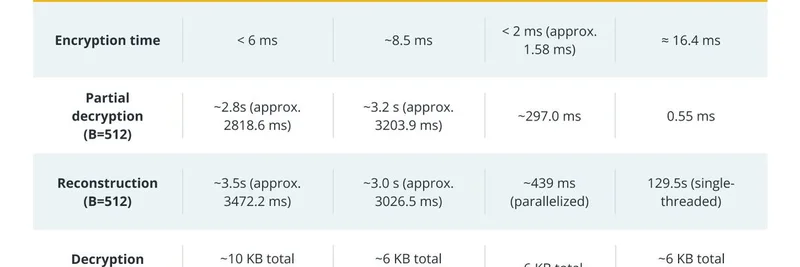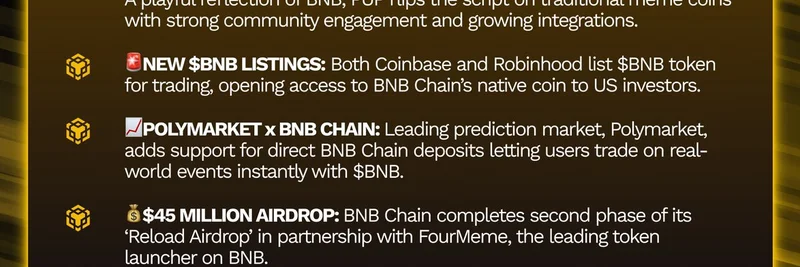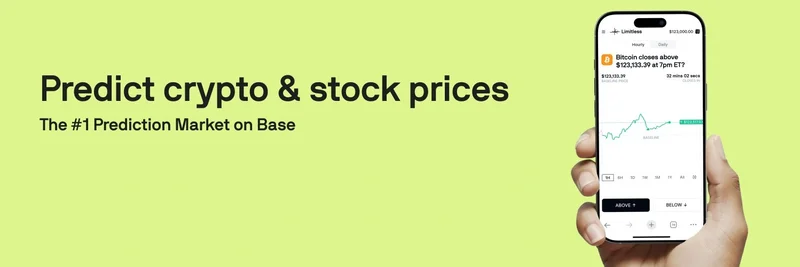Nikita Bier, the Head of Product at X (formerly Twitter) and advisor to Solana, recently shared a fascinating—and slightly hilarious—update on his efforts to combat spam on the platform. In a tweet that's garnering thousands of likes and replies, Bier revealed he's gone undercover, joining WhatsApp groups run by scammers to understand the root causes of spam. This move highlights the ongoing battle against unwanted content on social media, which is especially relevant for meme token enthusiasts who often navigate a minefield of promotions and potential frauds.
The Tweet That Started It All
Bier's post kicks off with a straightforward philosophy: "The first step to eliminating spam is eliminating the incentive." He then dives into his week-long deep dive into X spam, confessing, "I am now in 3 WhatsApp groups for financial scams. I have become their friends. I know about their families. I cannot blow my cover yet." It's the kind of dedication that blends detective work with product management, and it's sparking conversations across the tech and crypto worlds.
This isn't just about random bots; financial scams on X frequently target crypto users, including those chasing the next big meme token. From pump-and-dump schemes to fake giveaways, spam can lead unsuspecting investors straight into traps. Bier's infiltration could lead to better tools for spotting and stopping these issues, benefiting the entire blockchain community.
Community Reactions and Memes
The tweet quickly blew up, with over 9,000 likes and hundreds of replies. Notable responses include:
- Greg (@greg16676935420) showing respect: "In the trenches on a Saturday I respect it."
- Chase Passive Income (@chasedownleads) joking: "Gotta fall for the scams and send them money to get the full experience."
- Aaron Levie (@levie), CEO of Box, posting a meme image of an intense conversation, captioned "Nikita right now."
Autism Capital (@AutismCapital) chimed in with another meme, perfectly capturing the undercover vibe. Meanwhile, users like Coyote (@m1ndhunter_) suggested practical fixes: "Dude just give us a country filter. Everyone wants to turn off India." This points to a common frustration—geographic hotspots for spam that often overlap with regions active in meme token trading.
Kashif Pirzada (@KashPrime) echoed the call for geoblocking: "Allow users to geoblock whole regions. We know where most of the scams and clickbait crap is coming from." And Jason Calacanis (@Jason) proposed a micro-payment model: "Ten free tweets a day, then .01 a tweet… problem solved—or exasperated!"
Tying It to Meme Tokens and Blockchain
For those in the meme token space, Bier's adventure is more than entertaining—it's educational. Platforms like X are hotspots for meme coin hype, where viral posts can skyrocket a token's value overnight. But this visibility attracts scammers who use bots and spam to push fraudulent projects. Understanding the incentives behind spam, as Bier is doing, could lead to features that protect users, like better verification or incentive structures that reward genuine engagement over mass posting.
Take Suhail Doshi's (@Suhail) reply: "As a former pain in the ass 17-year old hacker, there’s nothing more exciting than seeing the executive of a social network attempt to challenge me and finding new work arounds to keep my jig going." It reminds us that spammers are often clever operators, much like some in the crypto world who exploit loopholes in decentralized systems.
Joseph Le Sauvage (@JoesInvestments) shared a screenshot of his spam-filled message requests, pleading for bulk deletion tools. This is a daily reality for many meme token traders who get bombarded with unsolicited DMs promising "exclusive" investment opportunities.
In a humorous clapback, Bier responded to a user complaining about unequal ad revenue by showcasing their low-effort posts: "I can say with certainty that you are not putting in the same effort into posts as others. These are some of the worst posts in the history of the app."
What This Means for Meme Token Practitioners
As blockchain practitioners, staying ahead of scams is crucial. Bier's work at X could inspire similar anti-spam measures on other platforms like Telegram or Discord, where meme tokens often launch. Tools like geofilters, engagement minimums, or even AI-powered spam detection could make the ecosystem safer.
If you're building or investing in meme tokens, keep an eye on updates from X. In the meantime, always verify sources, avoid unsolicited offers, and use wallets with strong security. For more on navigating meme token risks, check out our guides on spotting crypto scams and building secure communities.
Bier's undercover mission is a reminder that behind every spam wave is a human incentive. By dismantling those, platforms can foster genuine conversations—essential for the vibrant, chaotic world of meme tokens.




